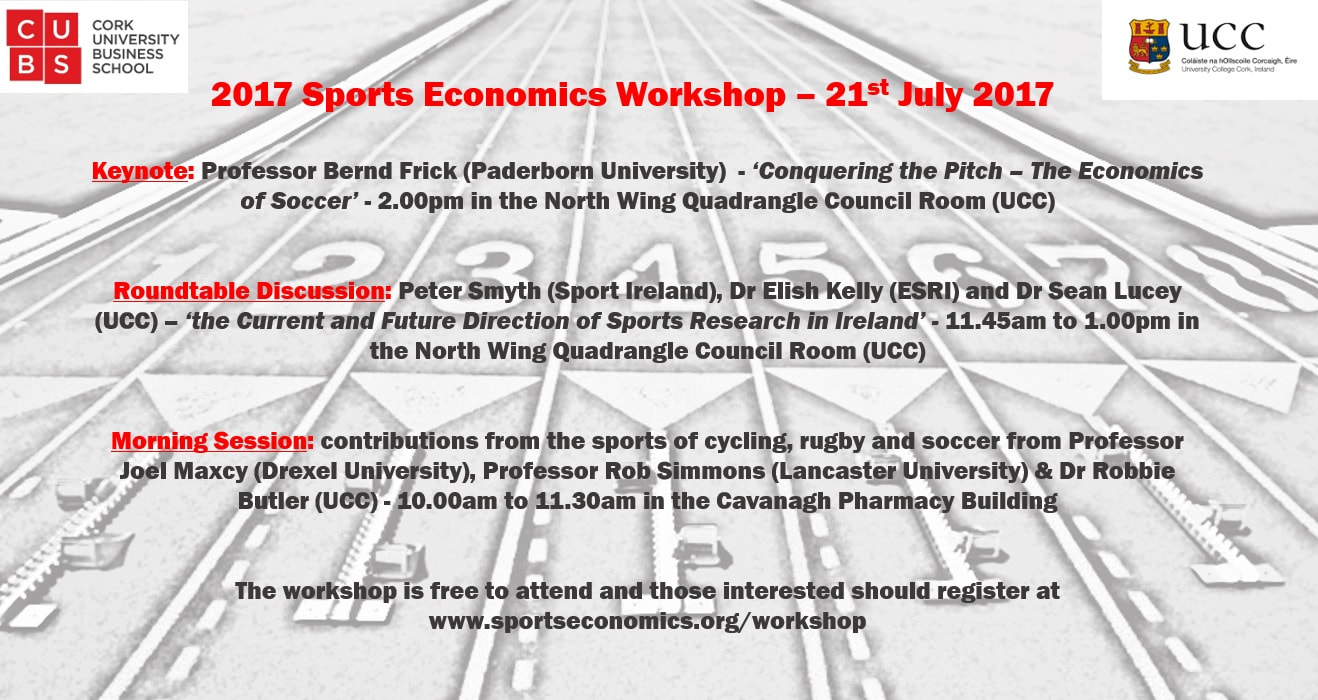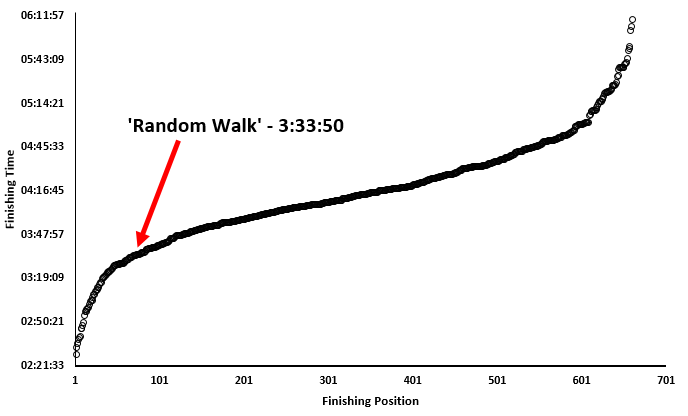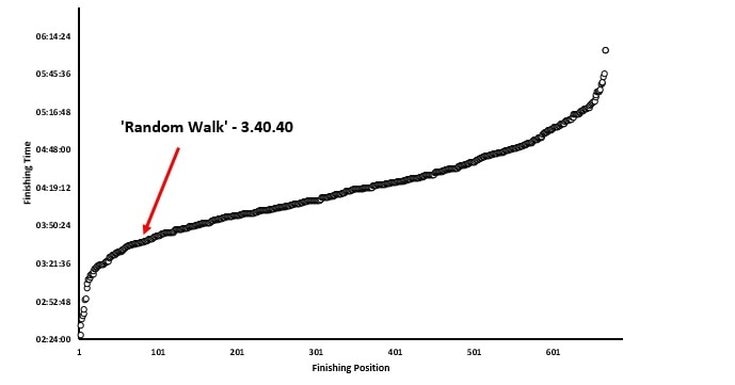The 3rd annual Sports Economics Workshop will be held on Friday 21st of July 2017 at University College Cork. The purpose of this workshop is to discuss and stimulate interdisciplinary research ideas from those working in the areas of economics, sport, coaching, public health, management, and related fields in Ireland and abroad.
Professor Bernd Frick (Paderborn University) will deliver the keynote address at 2.00pm in the North Wing Quadrangle Council Room. This lecture will be based on his new book, Conquering the Pitch – The Economics of Soccer.
Professor Frick will explore the development of soccer as the world’s most popular team sport and addresses competitive balance across a large number of leagues. The book provides a thorough understanding of the market for players, coaches and referees, as well as the demand for soccer on television, in stadiums and in the betting office.
Prior to the keynote, a morning session will be held from 10.00am to 11.30am in the Cavanagh Pharmacy Building where a series of technical papers will be presented with contributions from the sports of cycling, rugby and soccer. The full session is as follows:
• Uncertainty of Outcome and Grand Tour Cycling – Joel Maxcy (Drexel University)
• Regional Development in Interwar England through Football Statistics – Babatunde Buraimo (University of Liverpool), Rob Simmons (Lancaster) University) and Stefan Szymanski (University of Michigan).
• Bonus Incentives and Team-Effort Levels in European Cup Rugby: Evidence from the Field – Robbie Butler (University College Cork), Pat Massey (Compecon) and Liam Lenten (La Trobe University).
The morning session will be followed by a roundtable discussion from 11.45am to 1pm where the current and future direction of sports research in Ireland will be discussed. Discussants will include Peter Smyth (Director of Research – Sport Ireland), Elish Kelly (Senior Research Officer- Economic and Social Research Institute) and Sean Lucey (Business School Research Manager – University College Cork).
The workshop is free to attend and those interested should register at www.sportseconomics.org/workshop.
Organising Committee: David Butler, Robbie Butler and John Eakins.
This event is funded by Cork University Business School



 RSS Feed
RSS Feed